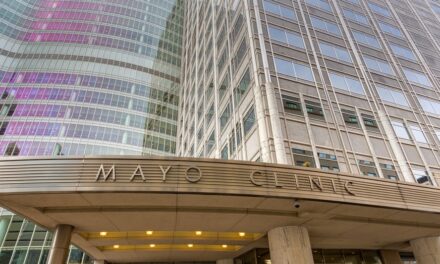More than seven weeks since Kamala Harris stepped into the spotlight as the Democratic vice presidential nominee, the Senator from California has yet to hold a formal press conference. This prolonged absence from the media sphere raises questions about her communication strategy and approach to public engagement as the campaign moves into its final, crucial weeks.
Since the announcement of her selection as Joe Biden’s running mate, Harris has been actively participating in virtual rallies, town halls, and interviews. However, these virtual engagements have not been accompanied by a traditional press conference where members of the media can ask a series of unscripted questions. This trend is being closely watched by political analysts and the public alike, as press conferences are an established method for candidates to demonstrate their readiness and transparency.
Often, presidential and vice-presidential candidates use press conferences to clarify policy positions, respond to critics, and engage directly with the press corp. Biden himself has faced criticism for limiting his unscripted interactions with the media, a strategy that is apparently being mirrored by his vice-presidential pick. Although both candidates have participated in numerous one-on-one interviews where questions are often curated or agreed upon in advance, the absence of a multi-question face-off stands out.
Critics from the Republican side argue that avoiding press conferences shields Harris from scrutiny, allowing her campaign to control the narrative without facing tough questions about policy stances or her record. Meanwhile, supporters argue that the current pandemic environment necessitates a different approach to campaigning, with an increased focus on controlled, virtual interactions to ensure health and safety.
Harris’s campaign has countered by highlighting her numerous televised interviews and public statements on social media, suggesting that these mediums offer sufficient insight into her viewpoints and plans. They posit that the scrutiny Harris faces as a woman of color holds her to a different standard compared to her political counterparts.
As the November election date approaches, the pressure for Harris to conduct a formal press conference is expected to intensify. Political experts speculate that she may eventually need to engage in this traditional forum to quell concerns and counter any perceptions of evasiveness. Moreover, in the event of unforeseen developments or urgent issues, a press conference might prove indispensable for timely and transparent communication.
The dynamic landscape of the 2020 election has upended many conventions, and the role of press conferences remains part of this shifting terrain. Whether Harris will eventually hold a press conference before the election may depend on evolving campaign strategies and external pressures. Until then, her campaign’s media approach will continue to be a subject of both scrutiny and strategic maneuvering.
































